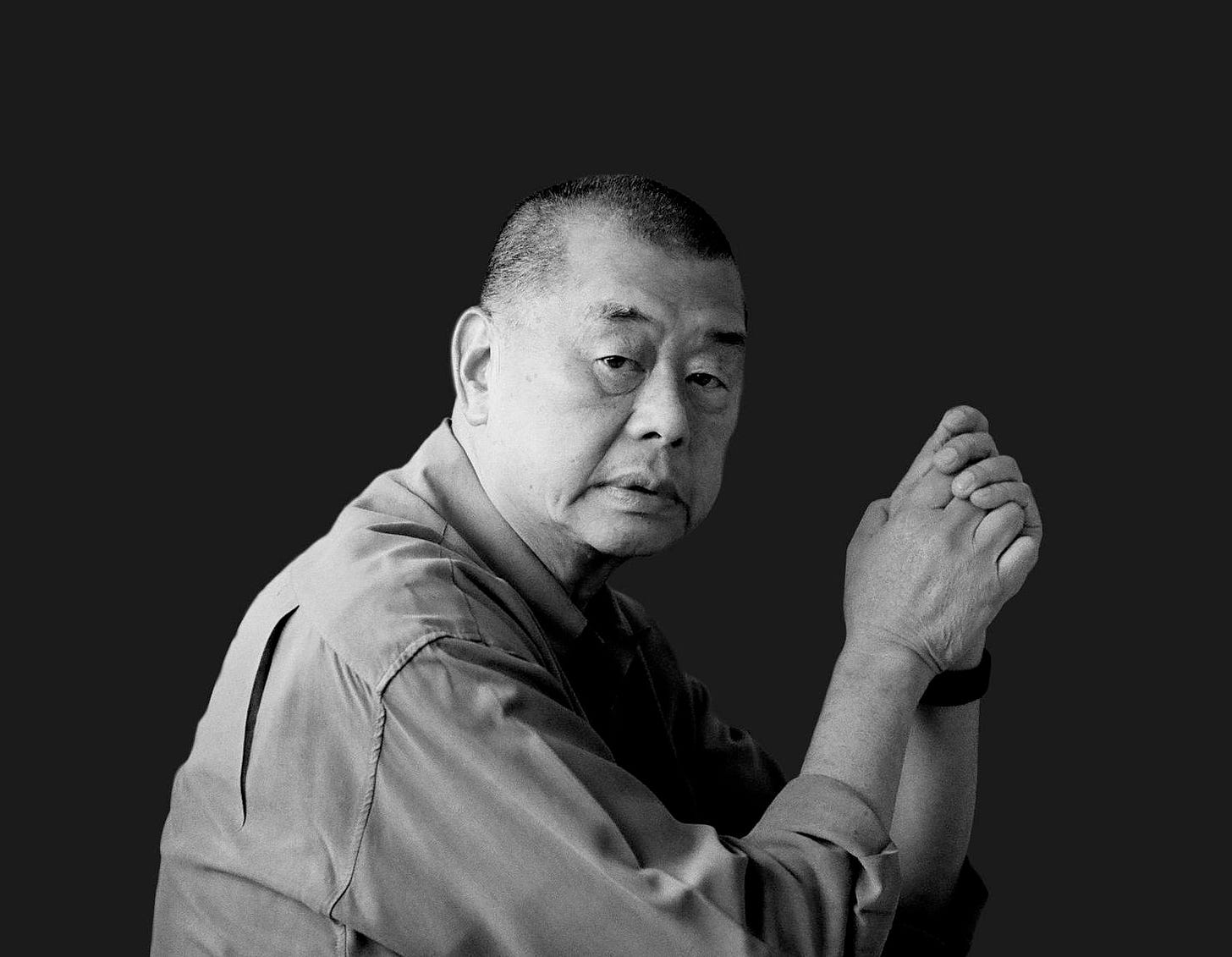Jimmy Lai quizzed over ‘seditious retweet’ in HK court
The jailed Catholic publisher is accused of 'colluding with foreign powers' under Hong Kong's National Security Law
The jailed Catholic publisher Jimmy Lai returned to court in Hong Kong Monday to give testimony in his trial under the territory’s controversial National Security Law.
Lai, who has been in prison since 2020, is accused of colluding with foreign powers and publishing seditious materials. If convicted, he faces life in prison.

